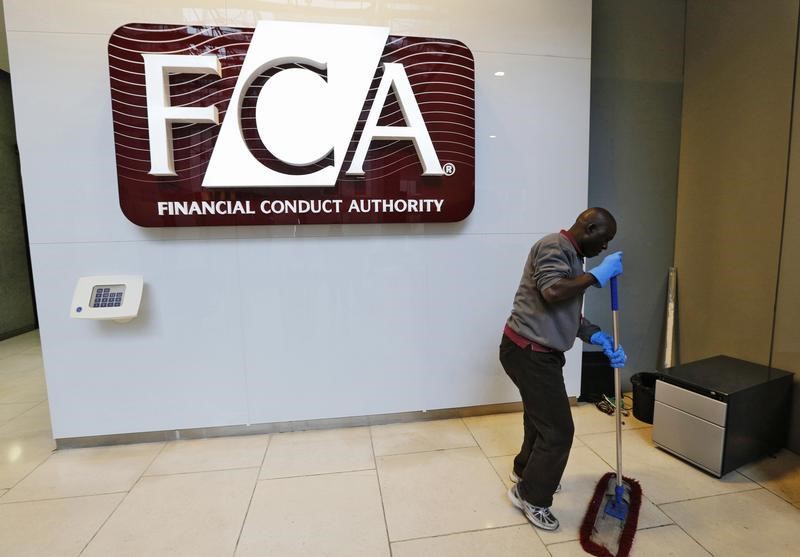By Matt Scuffham
LONDON (Reuters) - A campaign group will seek a judicial review of the process for compensating small businesses which were mis-sold complex interest rate hedging products by British banks.
The Bully Banks group, which has 2,000 members, acted after British lawmakers last week published an agreement between banks and the financial regulator over how the scheme should operate, details previously been kept out of the public domain.
Law firm Slater & Gordon told Reuters it had started preparatory work on the action.
"It has become clear in the last week that the scheme was not as it appeared to be," Fraser Whitehead, head of Business and Litigation Services at Slater and Gordon, told Reuters.
The Financial Conduct Authority (FCA) agreed terms in 2012 to compensate thousands of customers mis-sold the products with nine banks including Royal Bank of Scotland (L:RBS), Lloyds Banking Group (L:LLOY), Barclays (L:BARC) and HSBC (L:HSBA).
But it quickly attracted criticism with more than a third of businesses excluded from the scheme because they were deemed to be "financially sophisticated". Many of the firms that were allowed into it were offered alternative hedging products by banks rather than cash compensation.
Banks sets aside 4.4 billion pounds to compensate customers but have so far paid out just 1.8 billion.
"There are major concerns with the redress scheme and we have raised those with the FCA. We have continually criticised the administration of the review process," Bully-Banks Chairman Jeremy Rowe told Reuters.
A legal challenge to the scheme could force banks to re-examine cases and pay out more in compensation, industry and legal sources said.
Whitehead said he believed the process should be started again from scratch.
"All of the cases where clients are dissatisfied with the outcome of the review should be investigated by a body independent of the FCA, independent of the banks and supervised externally," he said.
The products were meant to protect firms against rising interest rates, but when rates fell the companies had to pay extra charges, typically running to tens of thousands of pounds.
The FCA defended the scheme, saying over 14,000 customers had received offers of cash compensation.
"We believe that the redress scheme has provided a quick, efficient and fair way of ensuring the right redress is paid," it said.
